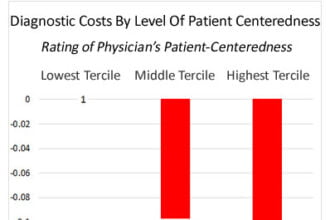“What people might not know about resistance,” says Eric Utt, a former antibiotic researcher now working in Pfizer’s science public-policy division, “is that the resistant organisms are already there. This is why we find bacteria that are resistant to new antibiotics, even before those drugs reach the market.” They’re often the loners in the corner with the mutation that just happens to confer immunity to some super-drug. When we bombard their competition with lethal weapons, they get the place to themselves, and eventually, they take over.
“What people might not know about resistance,” says Eric Utt, a former antibiotic researcher now working in Pfizer’s science public-policy division, “is that the resistant organisms are already there. This is why we find bacteria that are resistant to new antibiotics, even before those drugs reach the market.” They’re often the loners in the corner with the mutation that just happens to confer immunity to some super-drug. When we bombard their competition with lethal weapons, they get the place to themselves, and eventually, they take over. After generations of this, the super-drug loses its effectiveness.
Worse, other drugs lose their effectiveness, because many bacteria that are resistant to one drug will also resist other drugs in the same class. We are now learning that bacteria trade genes with each other promiscuously, even between different species, so that resistance developed by one strain of bacteria can be acquired by another. The more we use these drugs, the faster they begin to fail.
By 2004, more than 50 percent of staph infections were caused by methicillin-resistant Staphylococcus aureus (MRSA), up from 2 percent in 1987; some are also resistant to vancomycin, a common backup antibiotic. Other disease organisms show similar patterns: pneumococcus, E. coli, and, yes, M. tuberculosis now come in multidrug-resistant or extremely drug-resistant varieties. In 2001, the Food and Drug Administration warned:
Unless antibiotic resistance problems are detected as they emerge, and actions are taken to contain them, the world could be faced with previously treatable diseases that have again become untreatable, as in the days before antibiotics were developed.
Full Megan McArdle piece worth reading.







